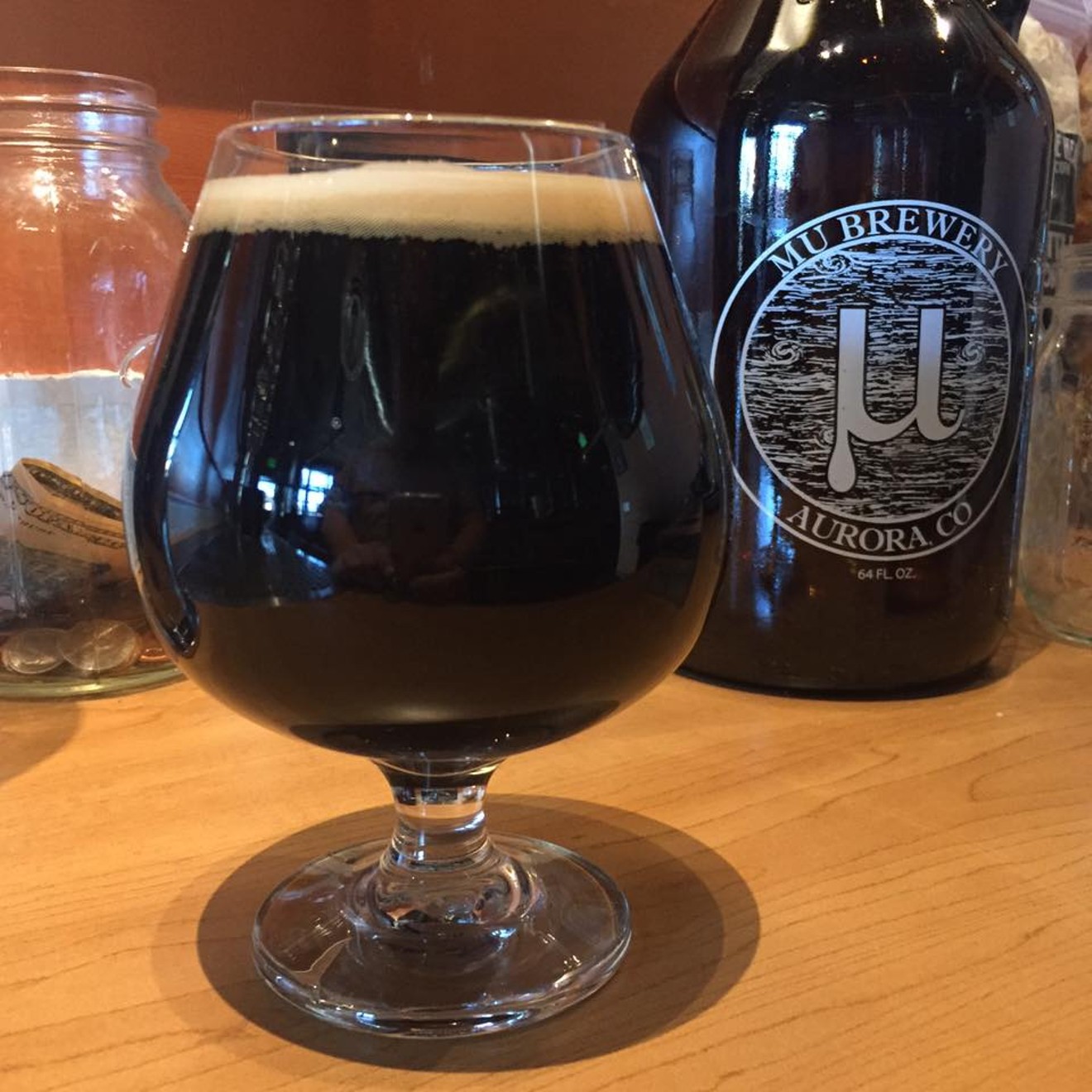The brewery shared the news Monday night:
It is with great sadness that we announce Mu Brewery’s last day of business will be February 18th, 2017. After several struggles through 2016 that unfortunately did not work the way we had hoped, we have decided that the best course of action is to close our doors. We cannot say enough how much we appreciate the support of all our fans and we would not have been able to accomplish what we had without your efforts. Mu Brewery will continue to be open during regular posted business hours and invites our community to come “Drink Mu Dry” on February 18th for one last “cheers”!
Founded by Nathan Flatland in June 2014, Mu was named for the Greek letter — which also stands for "micro"; it is located inside a former office that hadn't been occupied since 2008. At the time, Mu was the only brewery on Colfax Avenue's 26-mile stretch, but it's since been joined by six others: Westfax, Seedstock, Lost Highway (which is moving to Centennial), Alpine Dog, Cerebral and Fiction.
"It was a tough decision to make. It was a sad day," Flatland tells Westword. The biggest problem for the brewery was its location. "We were in the red, the entire time... When you read our Yelp reviews... people are fond of the beer, but not so fond of the location."
The Aurora Cultural Arts District has been trying to revitalize the area for several years, but there are still a lot of vacant buildings. "We definitely tried to see if we could change that and bring a few more people down our way. That's why we focused so much on distribution last year," Flatland says. "It helped, but we got to a place where we were just putting out more money than we were taking in."
Last December, Mu announced on Facebook that it would be opening a second location in Brighton that would triple its brewing space and bring in much-needed investment. But Flatland says the investor behind that deal turned out to be a scam. "We rallied quickly to see if the Small Business Administration would go in with us, but we couldn't get it to work."
A couple of people posted on Facebook that Mu has been bouncing paychecks to former employees, but Flatland says he hopes to pay them. "The whole purpose for us to stay open the next few weeks is to do as soft a landing as we can. I hope to take care of them," he adds.
Mu made news in March 2015 when it joined Caution Brewing and six other breweries to create Peach Fuzz, a beer designed to mock Budweiser, which had taken a shot at craft beer during a Super Bowl ad the month before, and again in January 2016, when it brewed Vanilla Porta-Rita, which was designed in memory of Breckenridge Brewery, which was bought by Anheuser Busch InBev that month.
More than 200 breweries opened in Colorado in the past ten years as the craft-beer industry exploded nationwide, while only about a dozen have closed. In metro Denver, those include Del Norte in 2012 and Arvada Beer Company and the Old Mill last year. But recent economic signals from the industry point to a slowdown in 2017, signaling an end to the unfettered double-digit growth that craft breweries have been enjoying. That indicates the possibility of other closures, layoffs or mergers in the months to come.
"I don't know that our case is systemic to the beer industry as a whole. I think we are an isolated situation," Flatland says. But he warns that breweries that plan to make their money only on packaging may struggle while those that keep their focus on being neighborhood spots should do okay. "If you are a local spot, you can do it and do it well. And in that case, location is 100 percent tied to your success."













